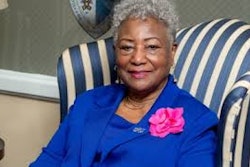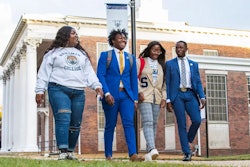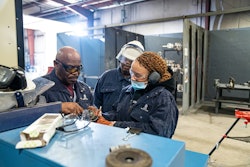Those were persistent themes Tuesday at “Strategies for Increasing Graduate Program Diversity,” a day of speakers, sessions and panels at American University presented by Educational Testing Service in collaboration with the Council of Graduate Schools.
The event assembled academics and other higher education leaders to discuss pressing and complex issues and how to move from talk to action at the personal and institutional level in ways that are grounded in data and research, reflect creativity and extend beyond the classroom experience.
DeRay Mckesson, an activist and former school administrator in Minnesota and Maryland, suggested in keynote remarks that the conversation about inclusion of underrepresented groups needs to be changed from a common student-deficit narrative that occurs “when people who aren’t close enough to the content become people who tell the stories about the world we live in” and reinforce an unsatisfactory status quo.
 DeRay Mckesson
DeRay Mckesson
Drawing on experiences with diverse student populations in education administration at primary and secondary levels, Mckesson laid out 10 success strategies, including defining terms, actively dispelling myths, not compromising on values and beliefs and understanding that diversity is not shorthand for good intentions and low quality.
“Part of our work, especially in the diversity space, is to be very clear about what our values are and be unwavering about them,” Mckesson said.














